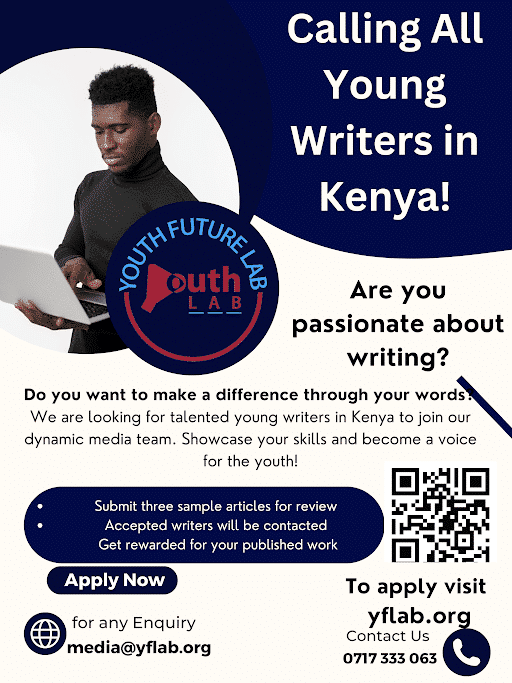© Copyright Utulivu Womens' Group & Mojatu Magazines | Some Rights Reserved. Web designed and maintained by Mojatu Media.
Except where noted, original content is available for non-commercial use under a Creative Commons license.
Utulivu Womens' Group , UK registered Charity No. 1167557 | Mojatu Limited, UK Registered Company 07569105
UK Offices: Derby, Nottingham, London & Reading Africa: Kenya & Somaliland
Contact Us for Coverage, Advertisement, Training & Partnerships. Tel: +44 (0)115 784 6666 | Direct Line +44 (0)115 784 6667 | Email:news@mojatu.com





